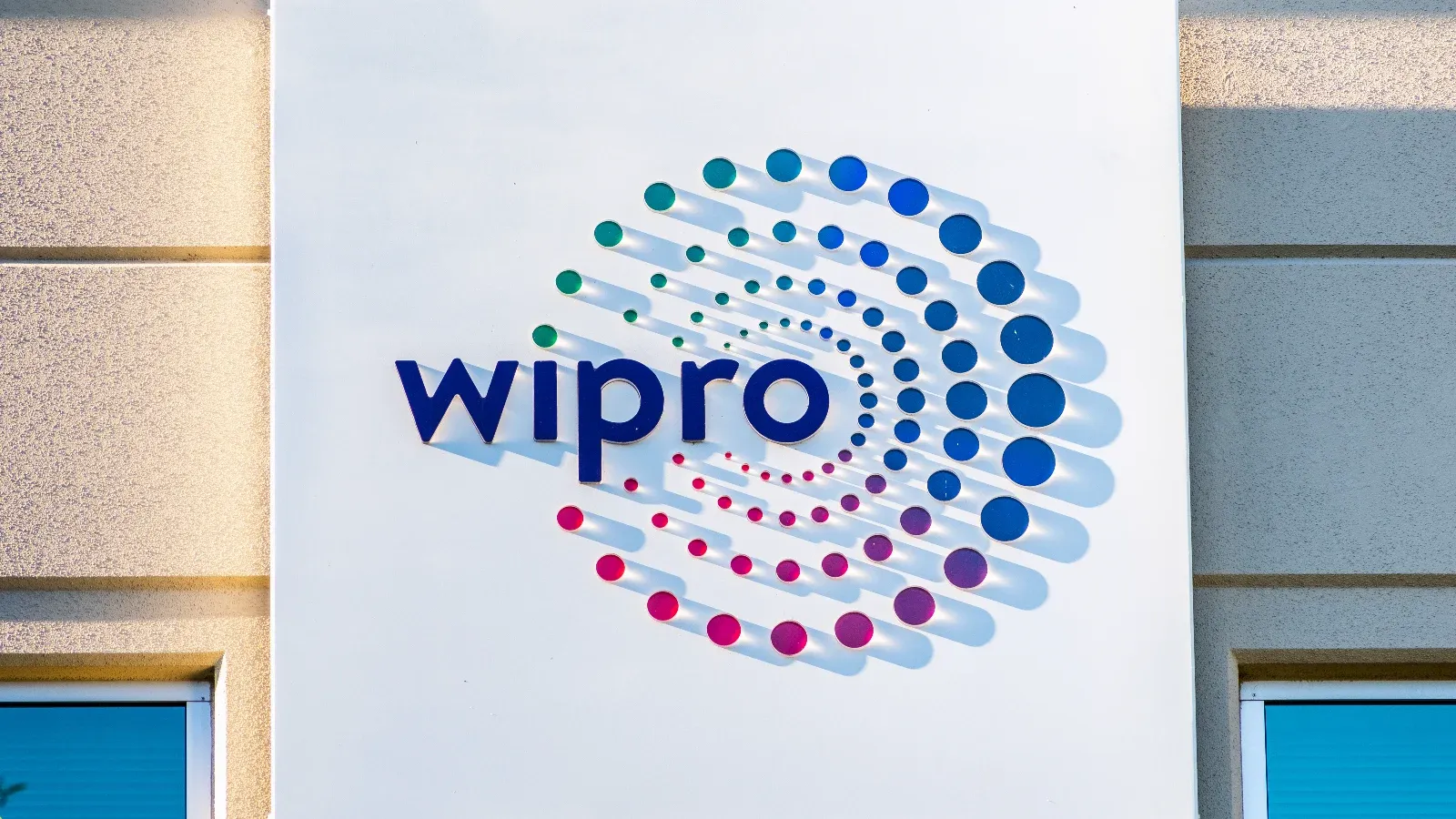The artificial intelligence revolution is reshaping businesses worldwide, and Indian IT major Wipro does not want to be left behind. The company has announced the acquisition of the US-based Digital Transformation Solutions (DTS), a division of Harman which is owned by Samsung, for 375 million dollars or roughly 3,190 crore rupees. This deal is expected to enhance Wipro’s capability to provide end-to-end AI powered engineering services for global clients, a segment that is becoming increasingly critical as businesses adopt next-generation technology solutions.

The acquisition comes at a time when global IT services companies are facing slower growth, rising competitive pressures, and changing client priorities. DTS, which reported revenues of about 314.5 million dollars in calendar year 2024, brings a strong portfolio in digital engineering and design. Wipro paid about 1.19 times its trailing revenues, which is in line with the company’s strategy of scaling up in high-growth areas like artificial intelligence and digital product engineering.
The Growth Angle
Wipro has said it will enter into multi-year agreements with both Harman and Samsung, which is expected to help ensure revenue continuity and client stability. Investors will be watching closely to see how quickly Wipro can integrate this new business and generate synergies that add to its topline growth.
The acquisition also signals Wipro’s intention to diversify its revenue base. The company had previously acquired Rizing, a SAP consulting firm, in 2022 for 540 million dollars. These moves underscore its focus on deepening expertise in niche areas that are expected to see strong demand over the next decade.

Concerns Around Margins
While the acquisition adds scale, analysts remain cautious about its impact on profitability. Wipro’s operating profit margin in the June 2025 quarter slipped by nearly 130 basis points to 19.4 percent. Brokerage firms are worried that the integration of DTS could add pressure on margins in the near term, particularly as the company invests heavily in aligning the new unit with its broader business strategy.
Wipro’s revenue guidance for the September 2025 quarter has been modest, with expectations of growth ranging between negative one percent and positive one percent in constant currency terms. This comes after a 2 percent sequential decline in its IT services revenues in the first quarter of FY26. The backdrop of uncertain global IT spending, especially due to the tariff policies of the Trump administration, adds another layer of complexity to Wipro’s growth outlook.
Valuations and Investor Sentiment
On the valuation front, Wipro trades at around 19 times estimated consolidated FY26 earnings, excluding the impact of this acquisition. This makes it cheaper than peers like HCL Technologies, which trades at about 24 times earnings, but investors continue to be concerned about the growth slowdown across the IT sector.

Infosys and HCL Tech also saw declines in their share prices on the same day Wipro announced the deal, reflecting broader investor caution towards IT stocks. Despite valuations looking expensive relative to growth, investors on Dalal Street will be closely tracking how companies like Wipro are using acquisitions to adapt to new technology trends and generate long-term shareholder value.
The Bigger Picture
Artificial intelligence is expected to be a multi-trillion dollar industry over the coming years, with enterprises across sectors adopting AI-powered solutions to stay competitive. Wipro’s acquisition of DTS is a clear signal that it wants to position itself as a serious player in this space. If the integration goes smoothly and revenue synergies start flowing in, this could mark an important step in Wipro’s growth journey. However, in the short term, margin pressures and global uncertainties remain risks that cannot be ignored.
For more insights on markets, corporate strategies, and personal finance, follow You Finance on Instagram and Facebook. Stay updated, stay informed, and take smarter financial decisions with us.














